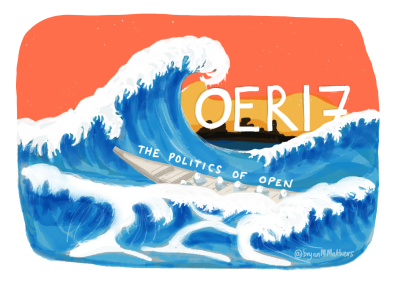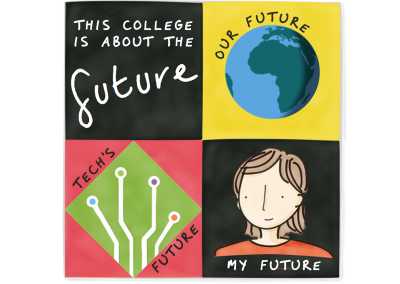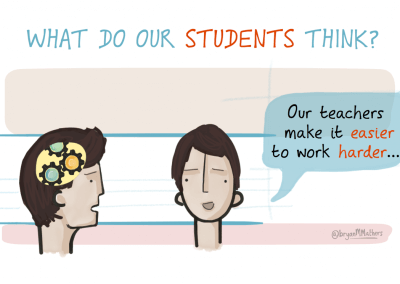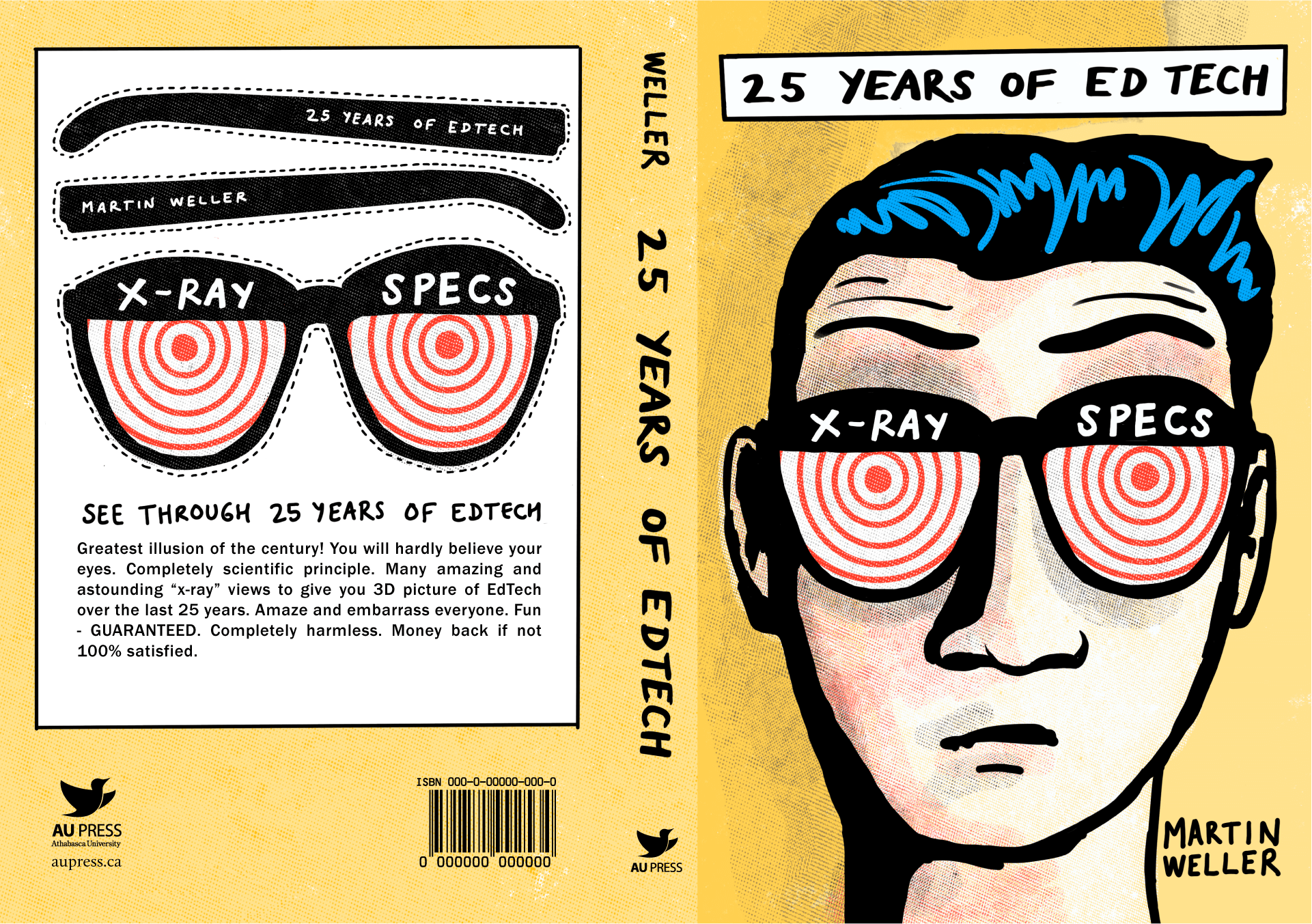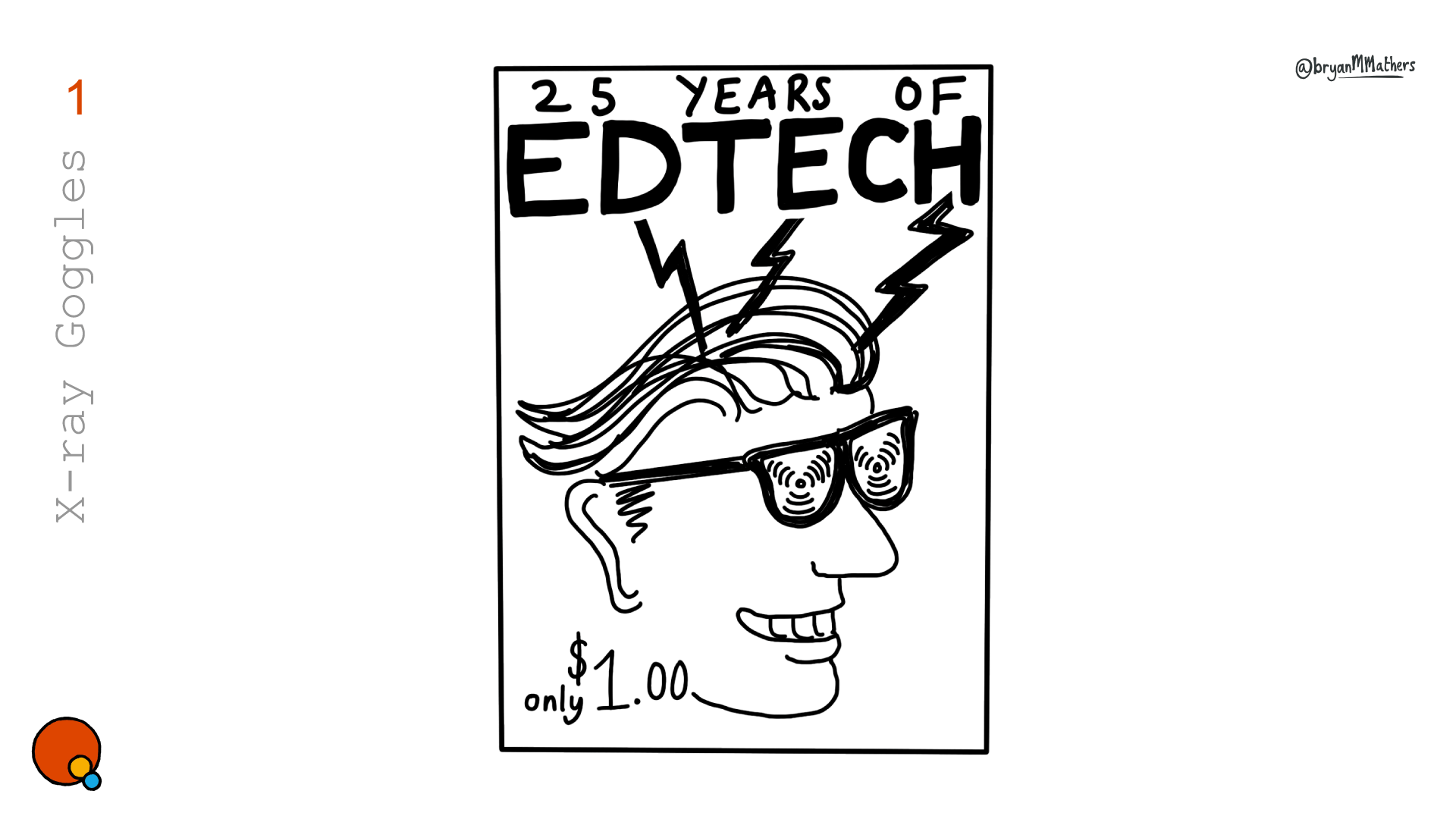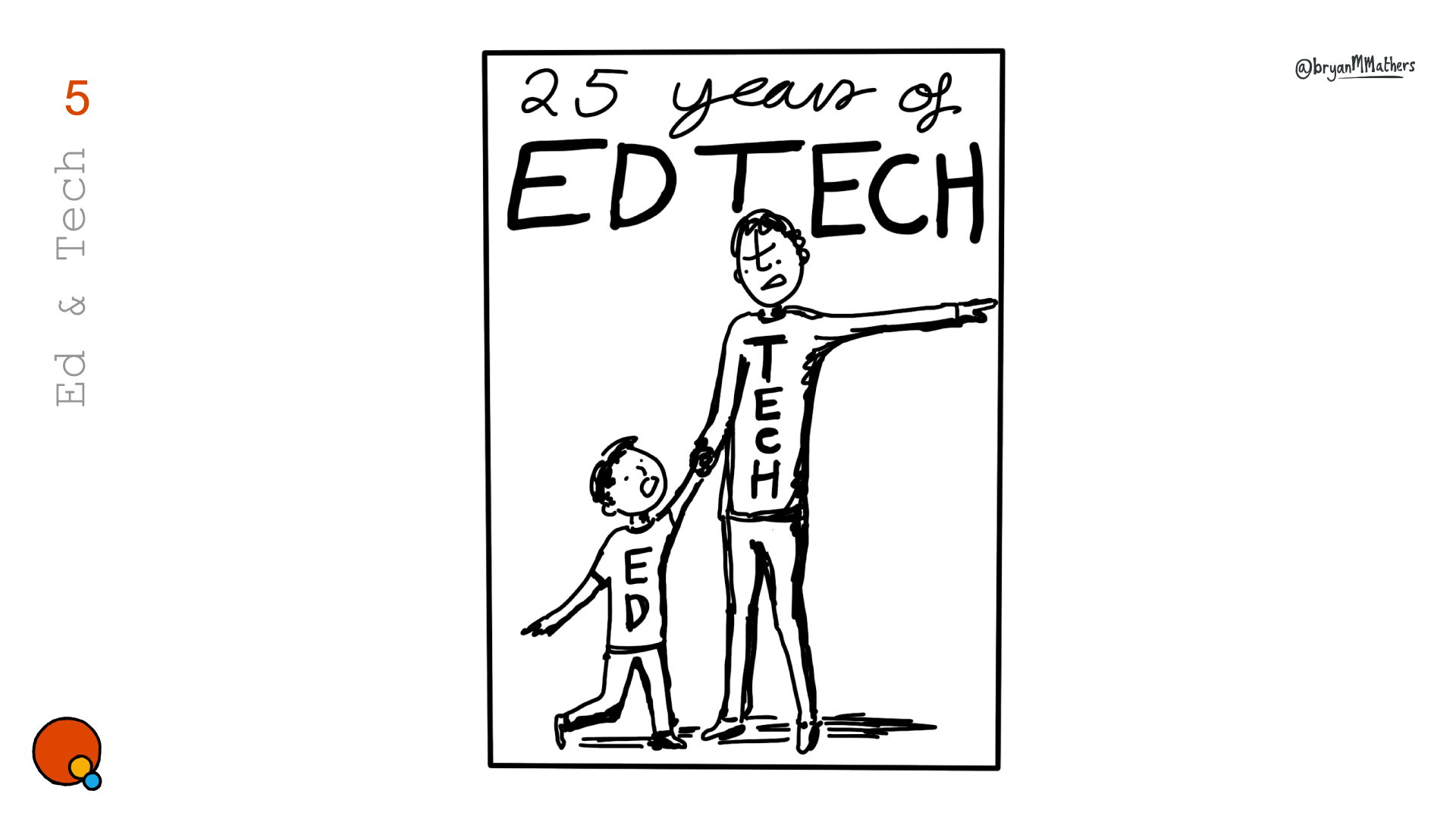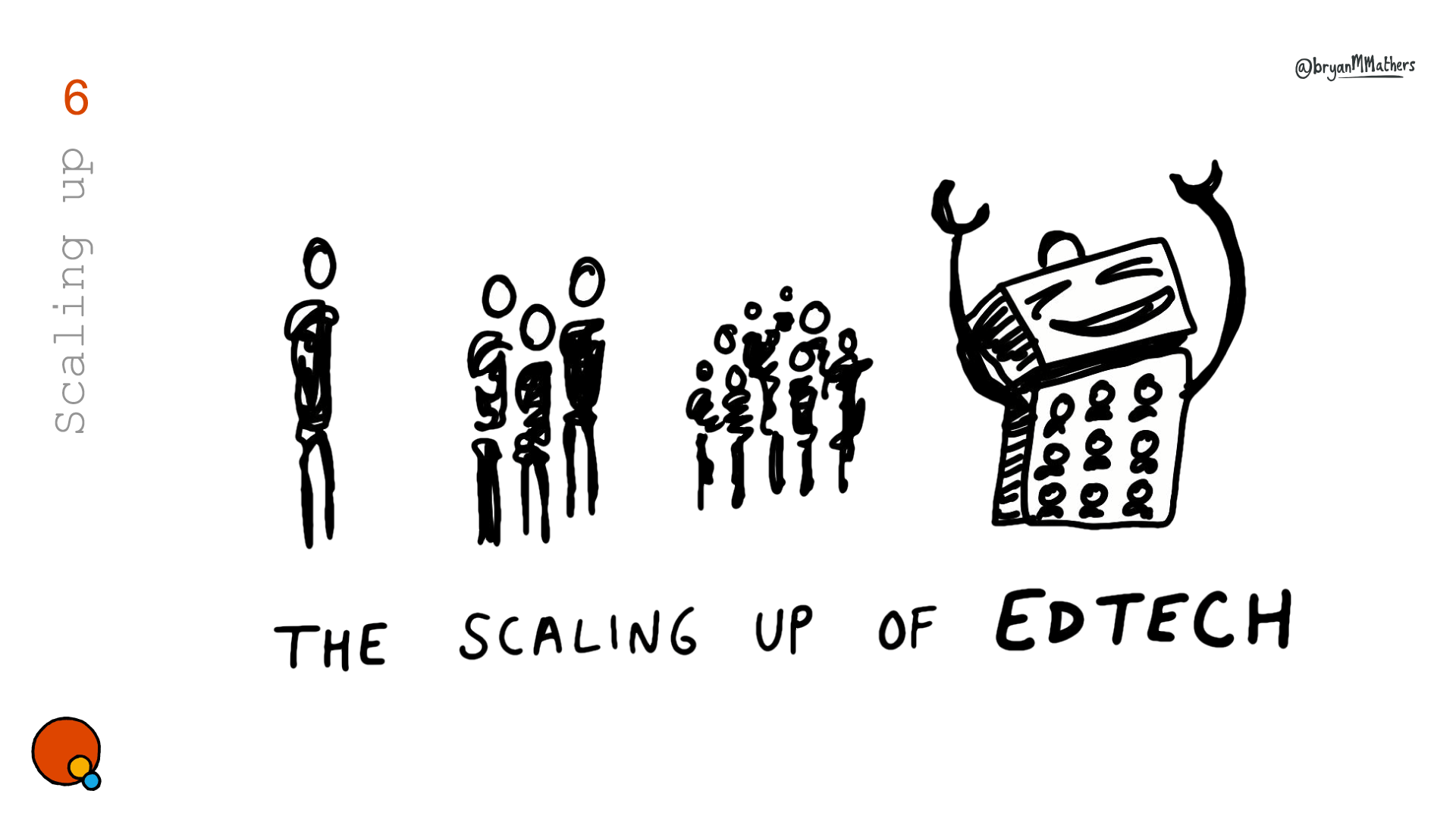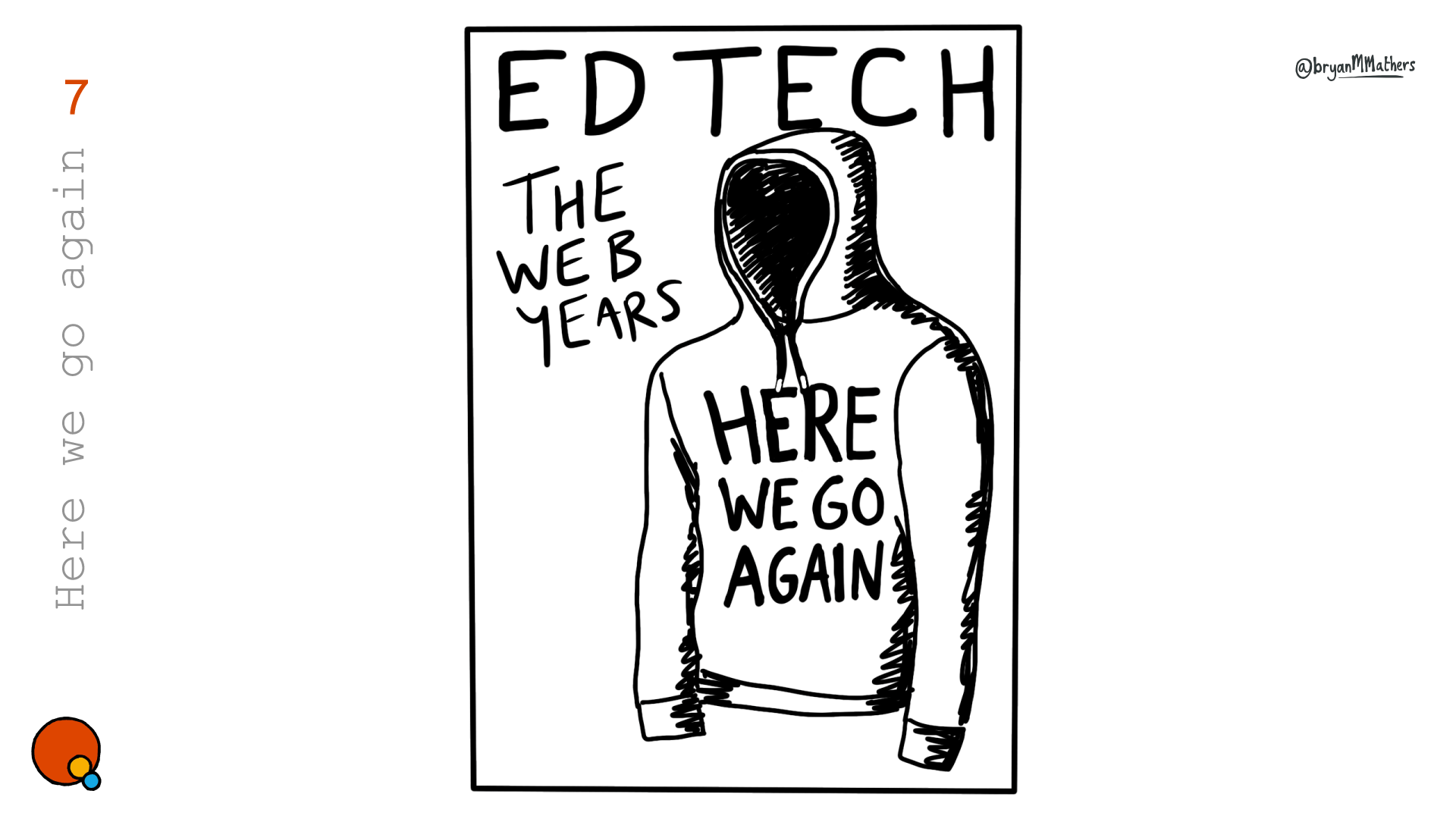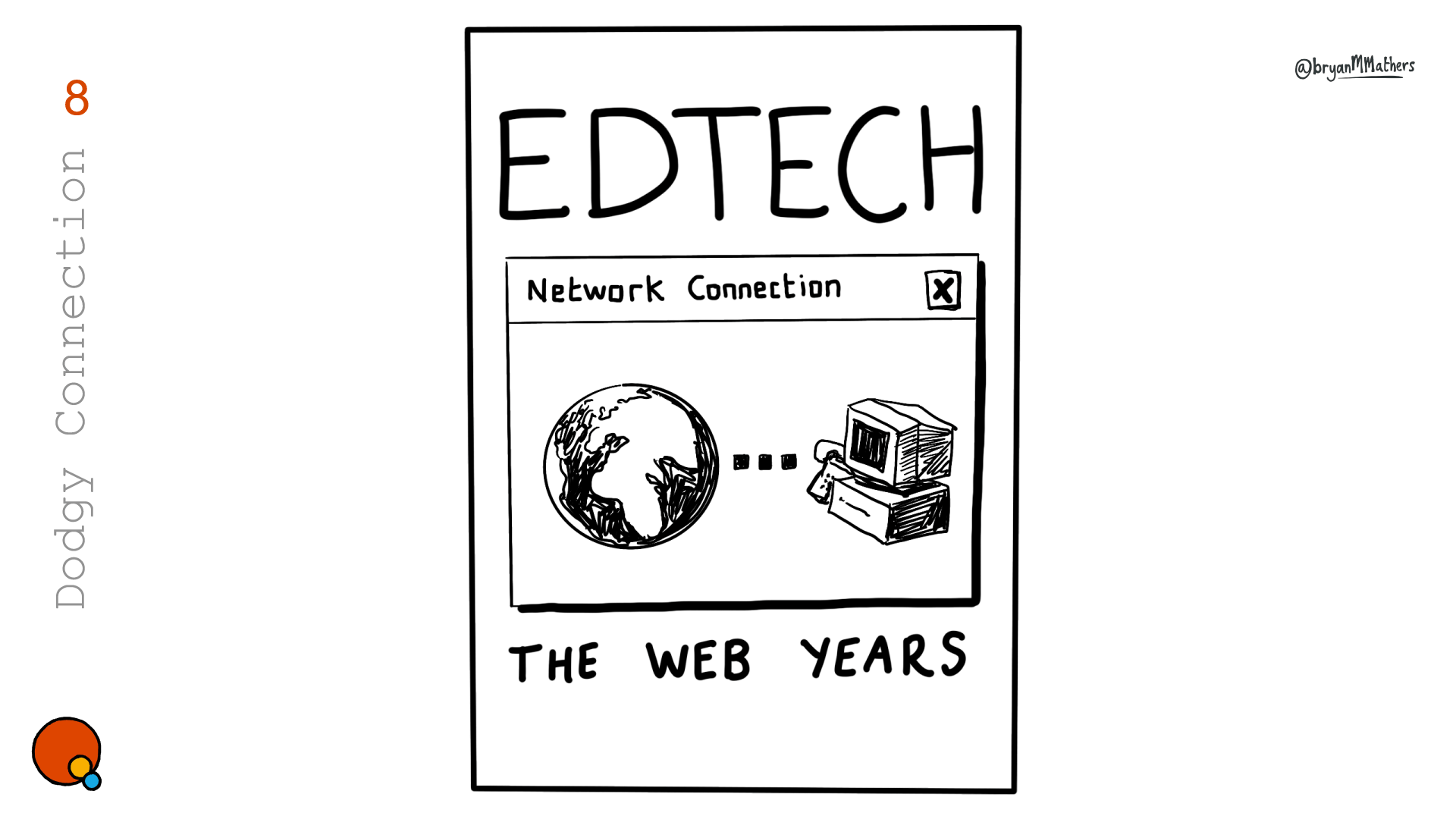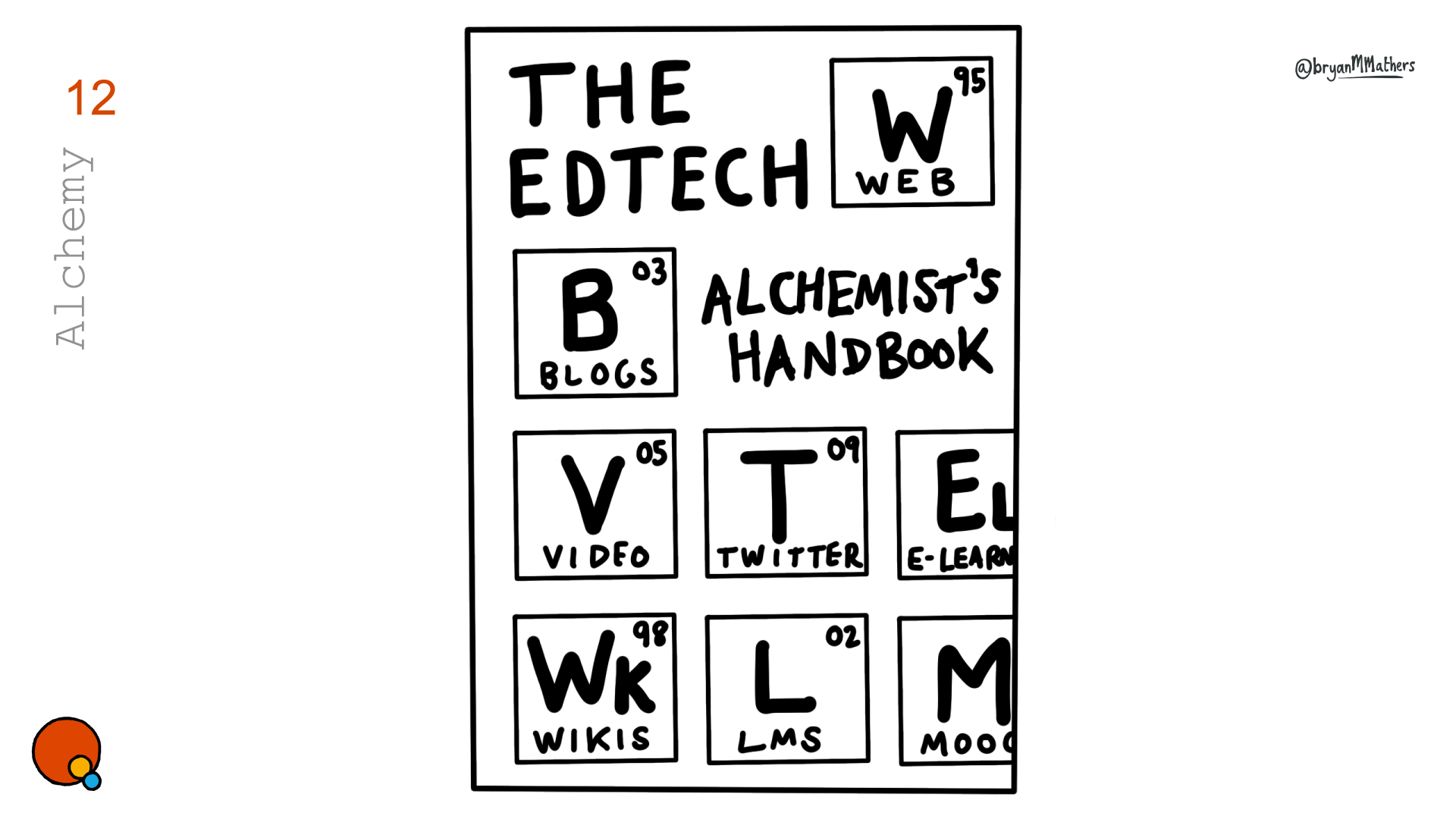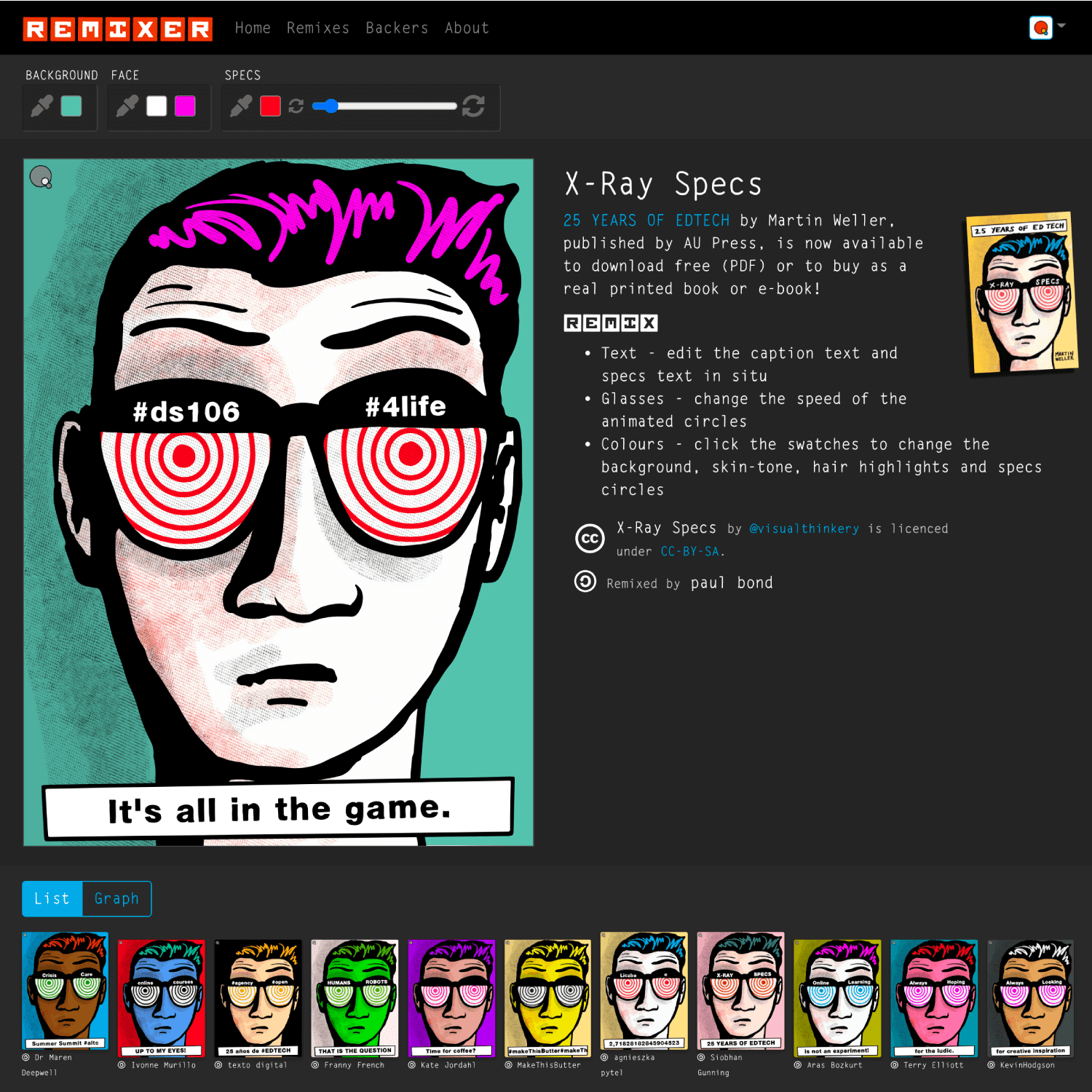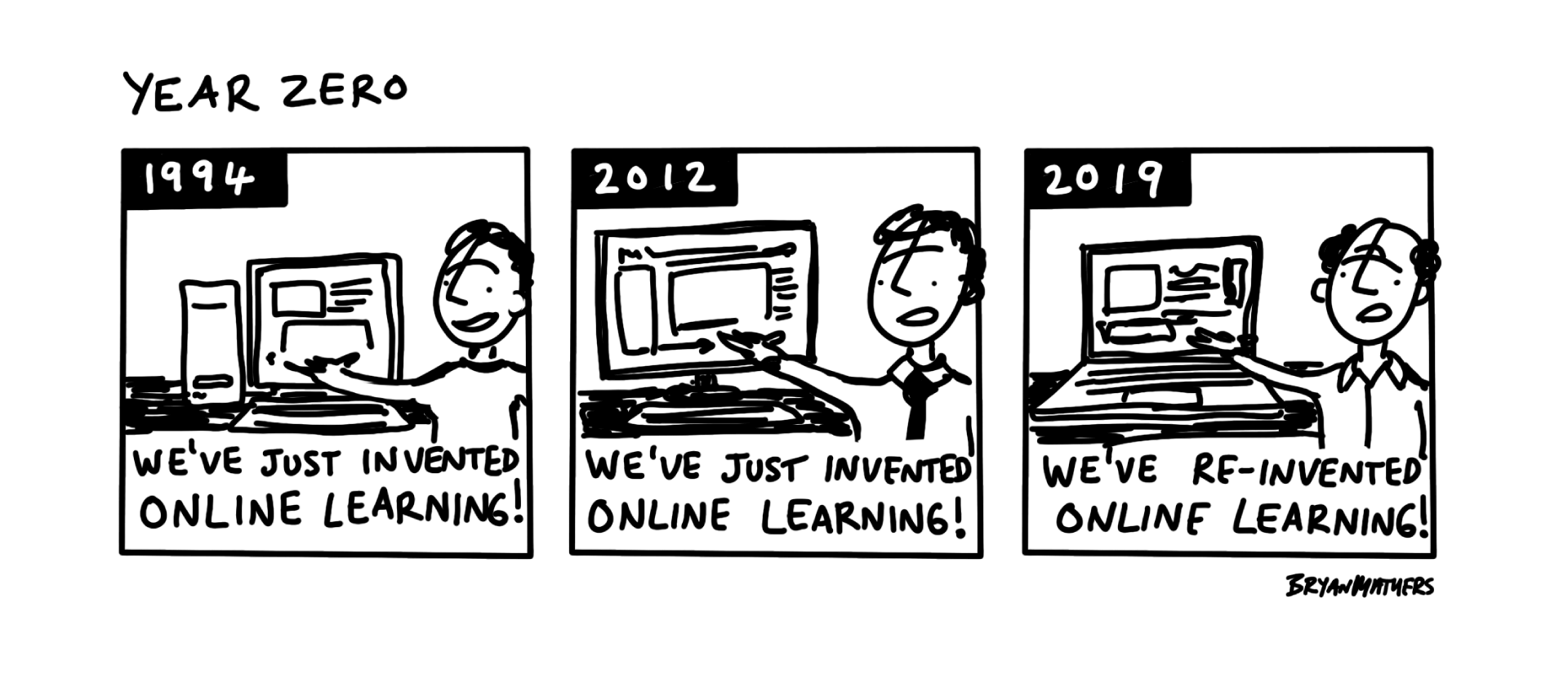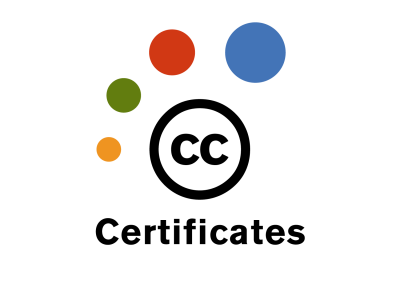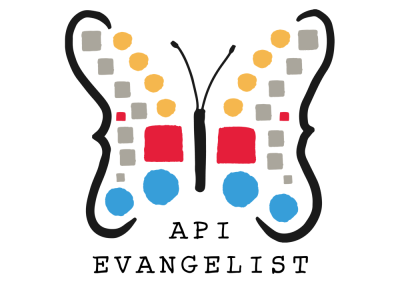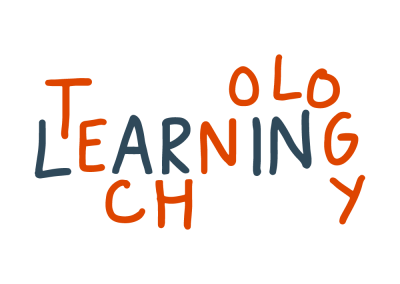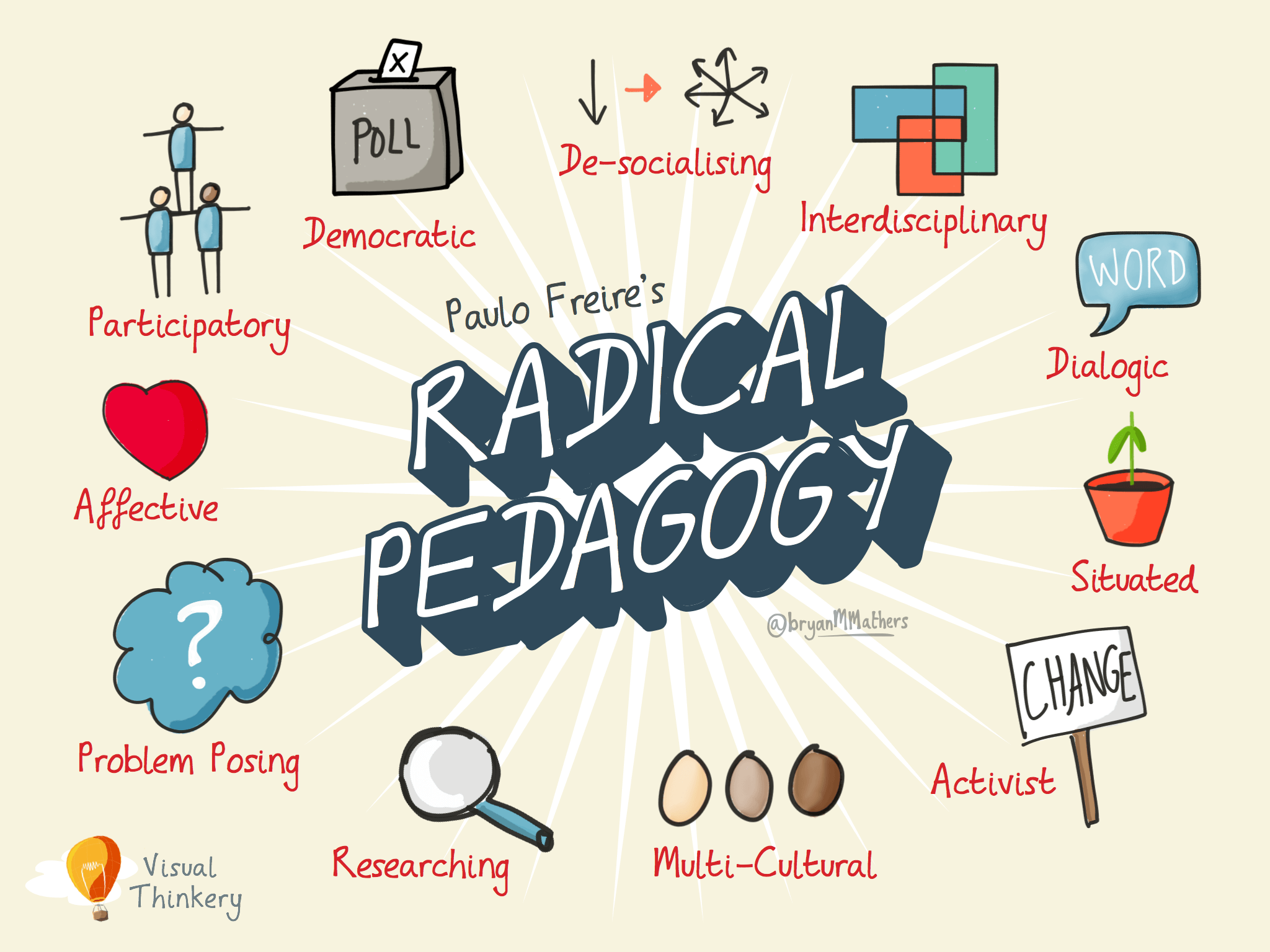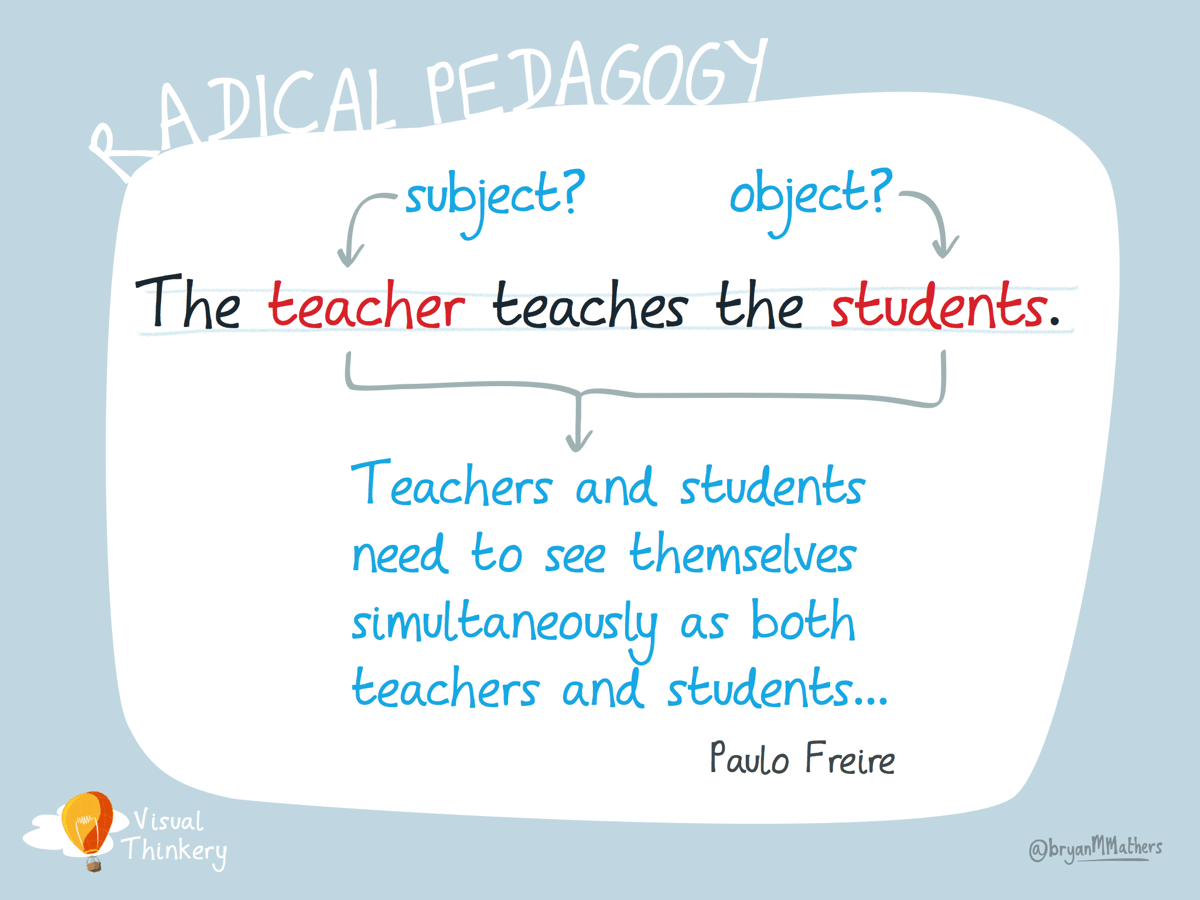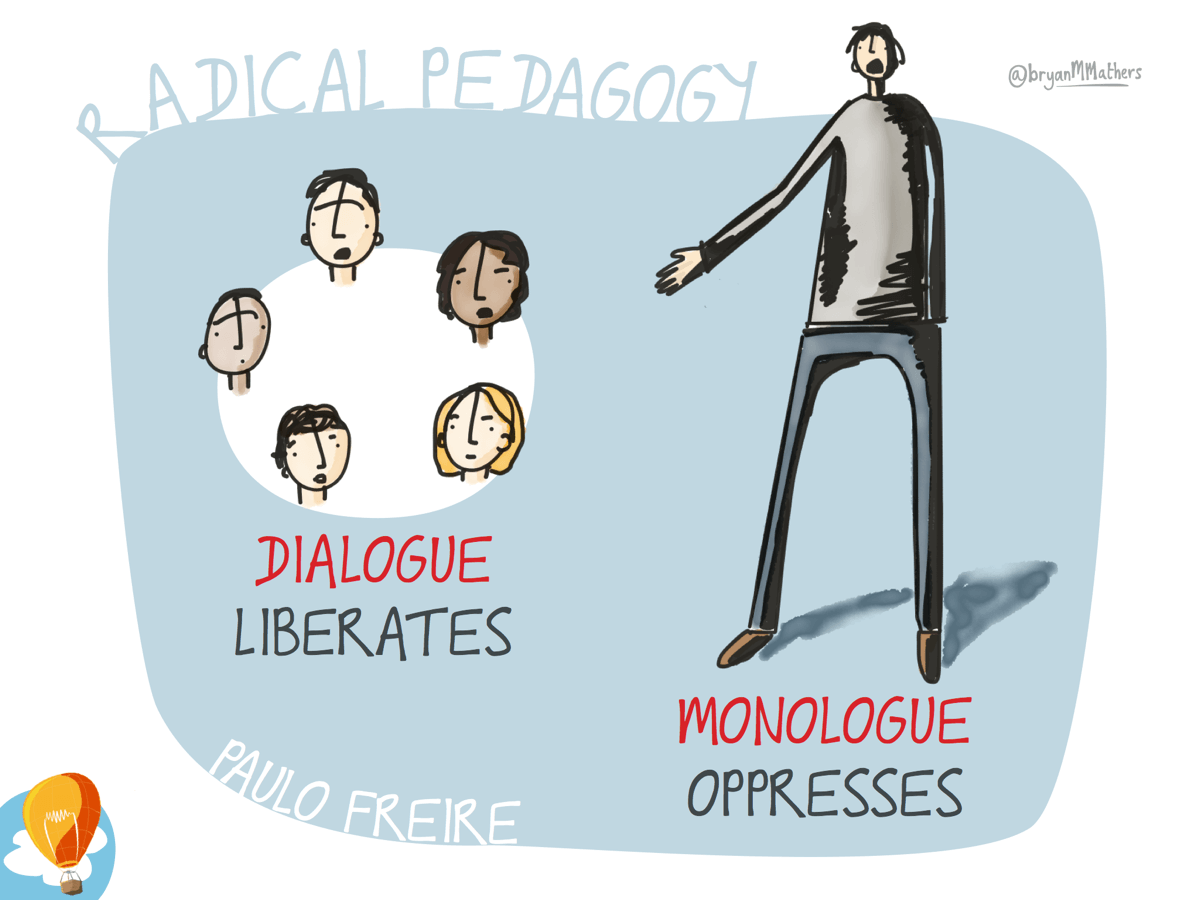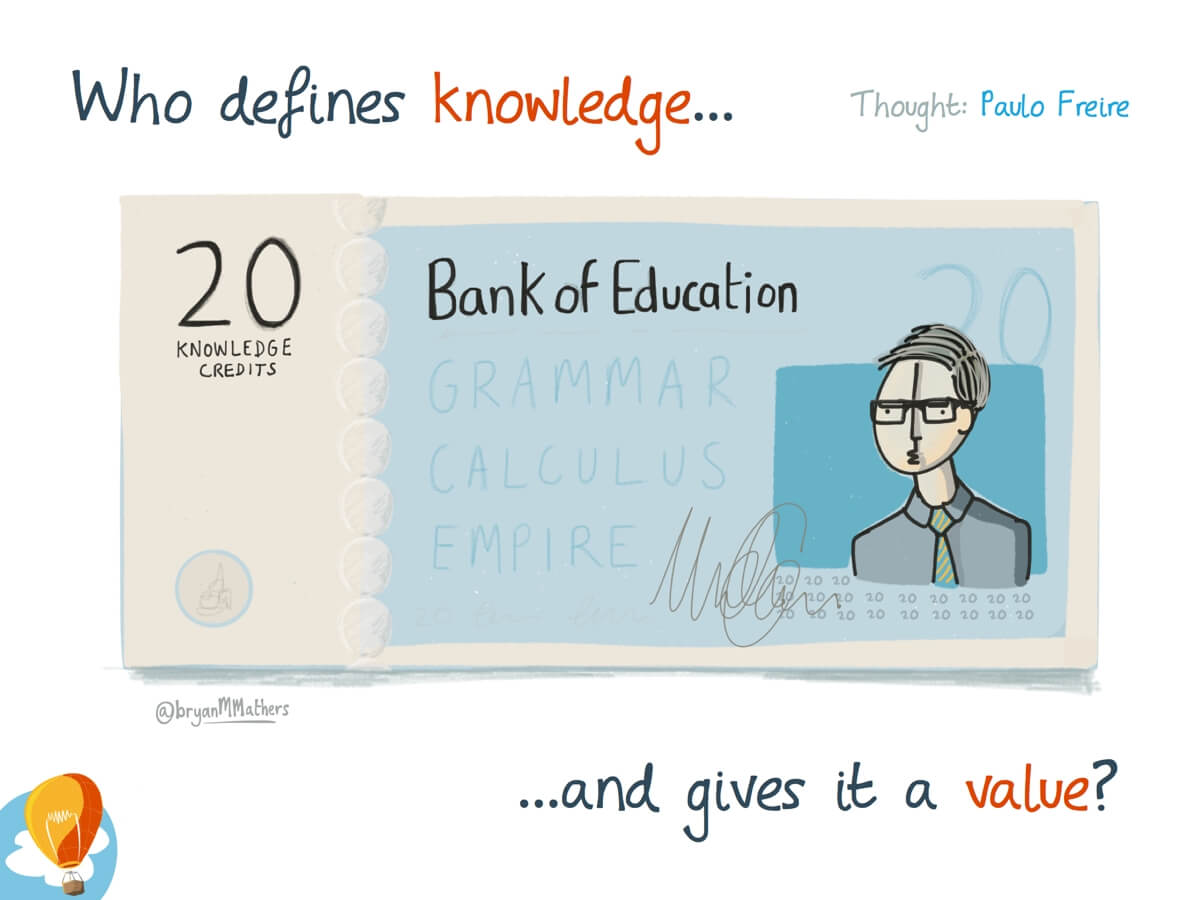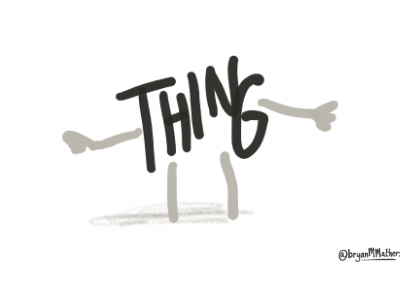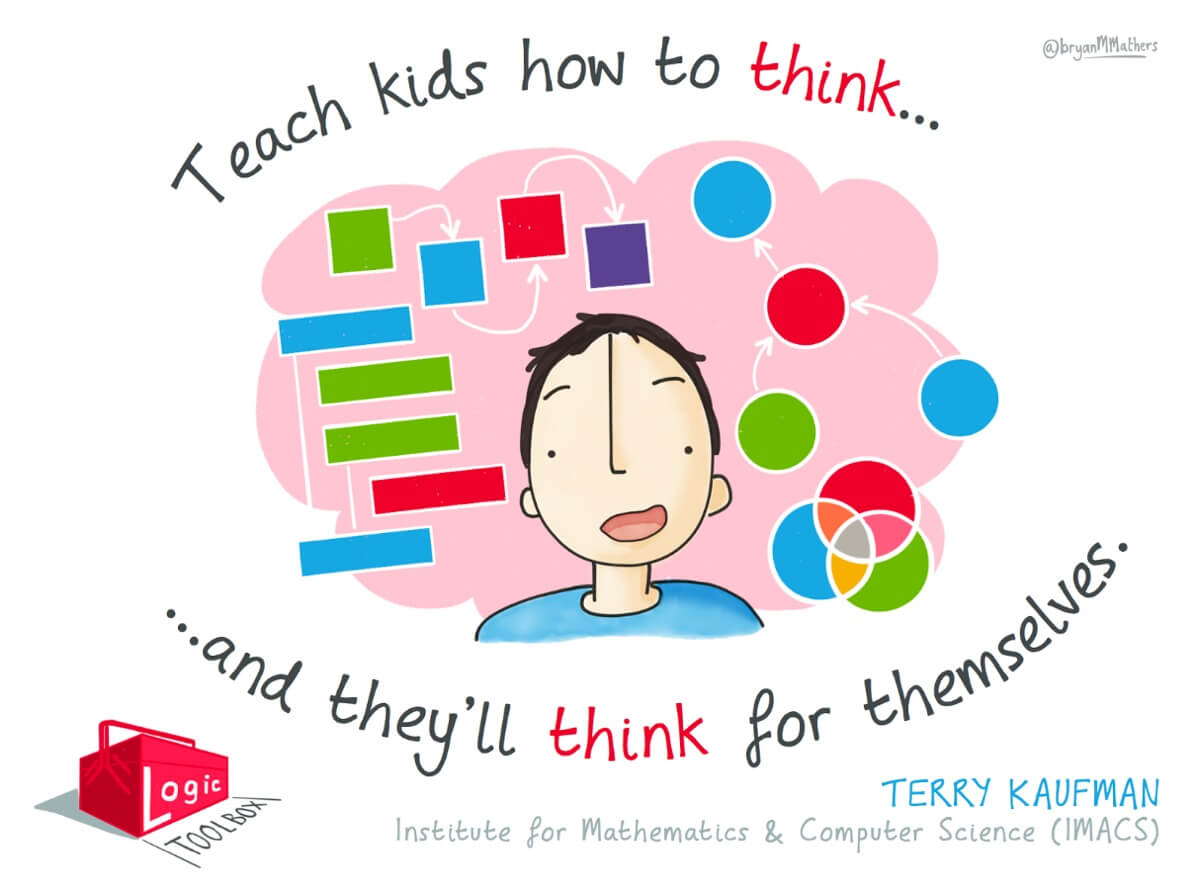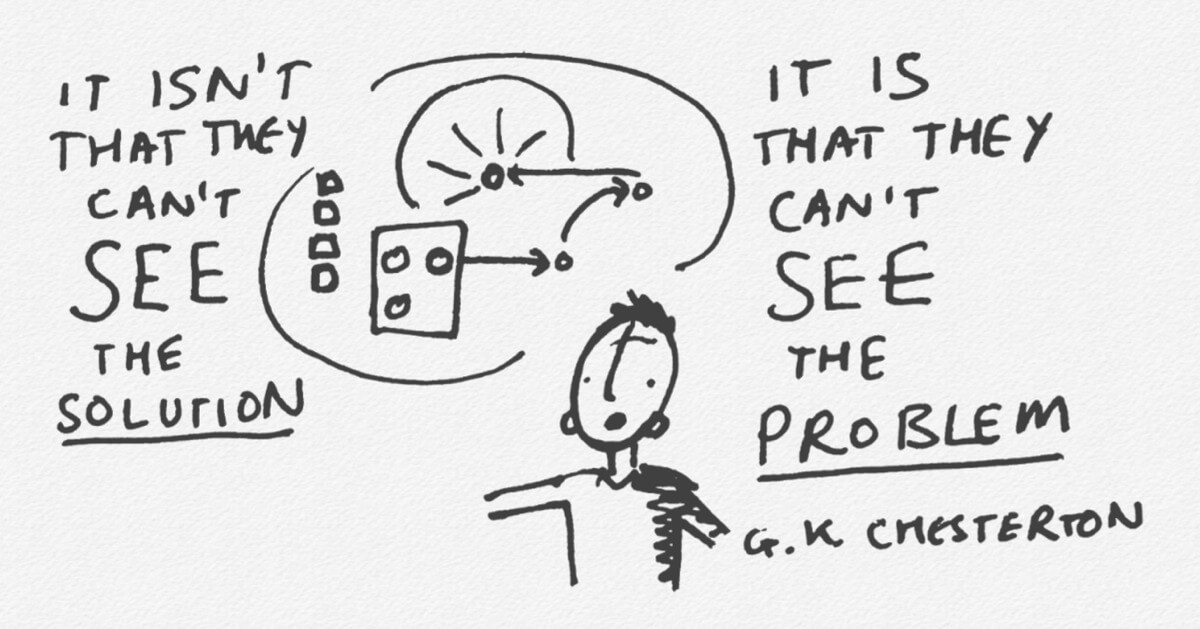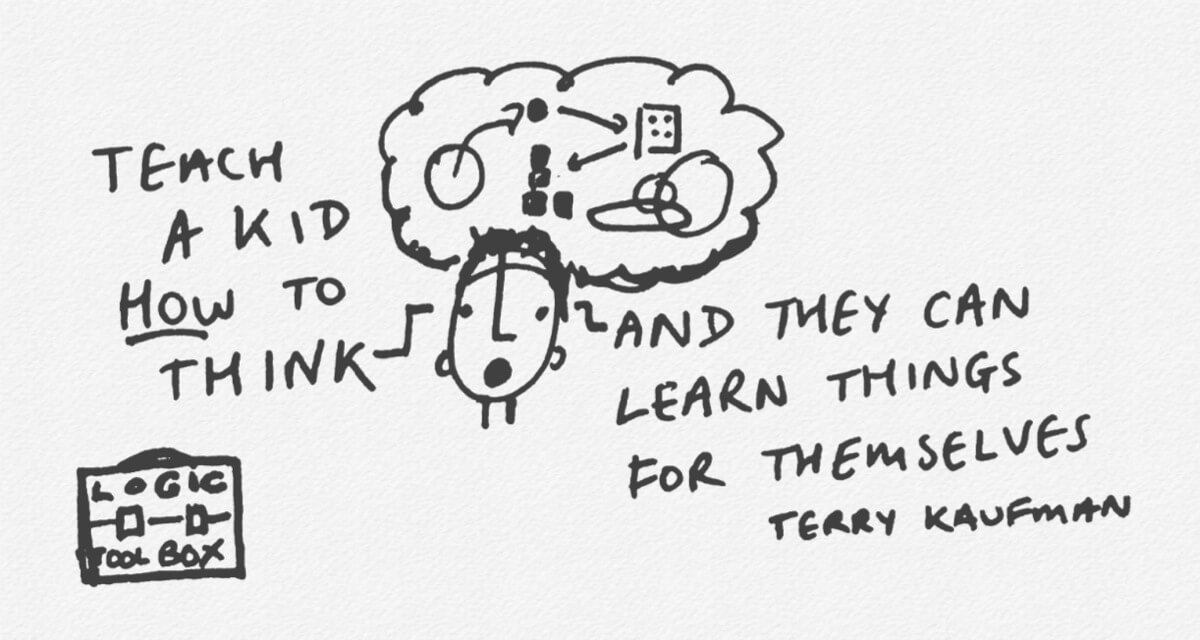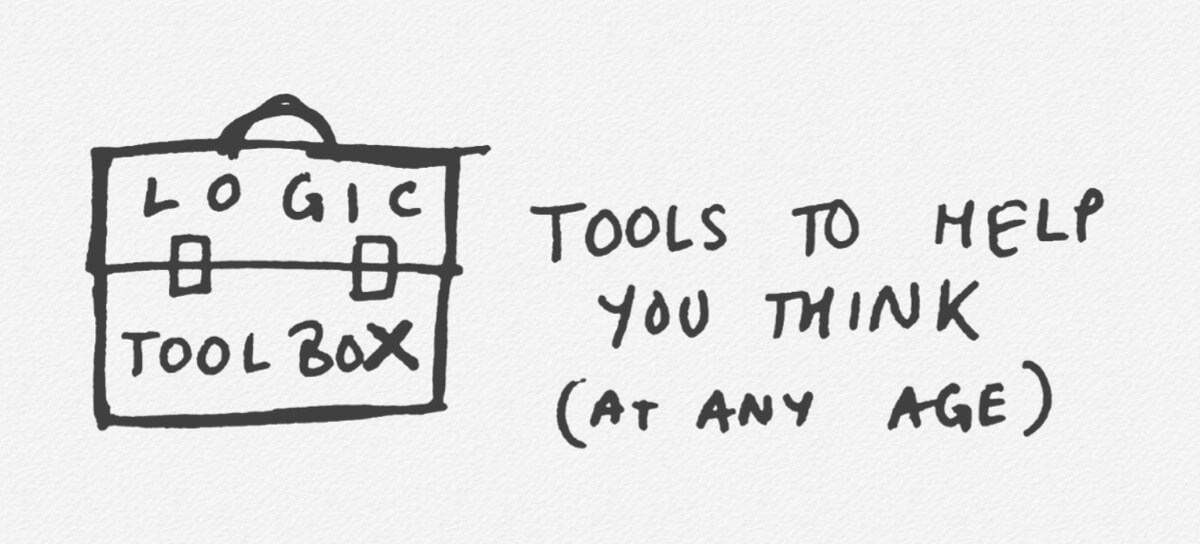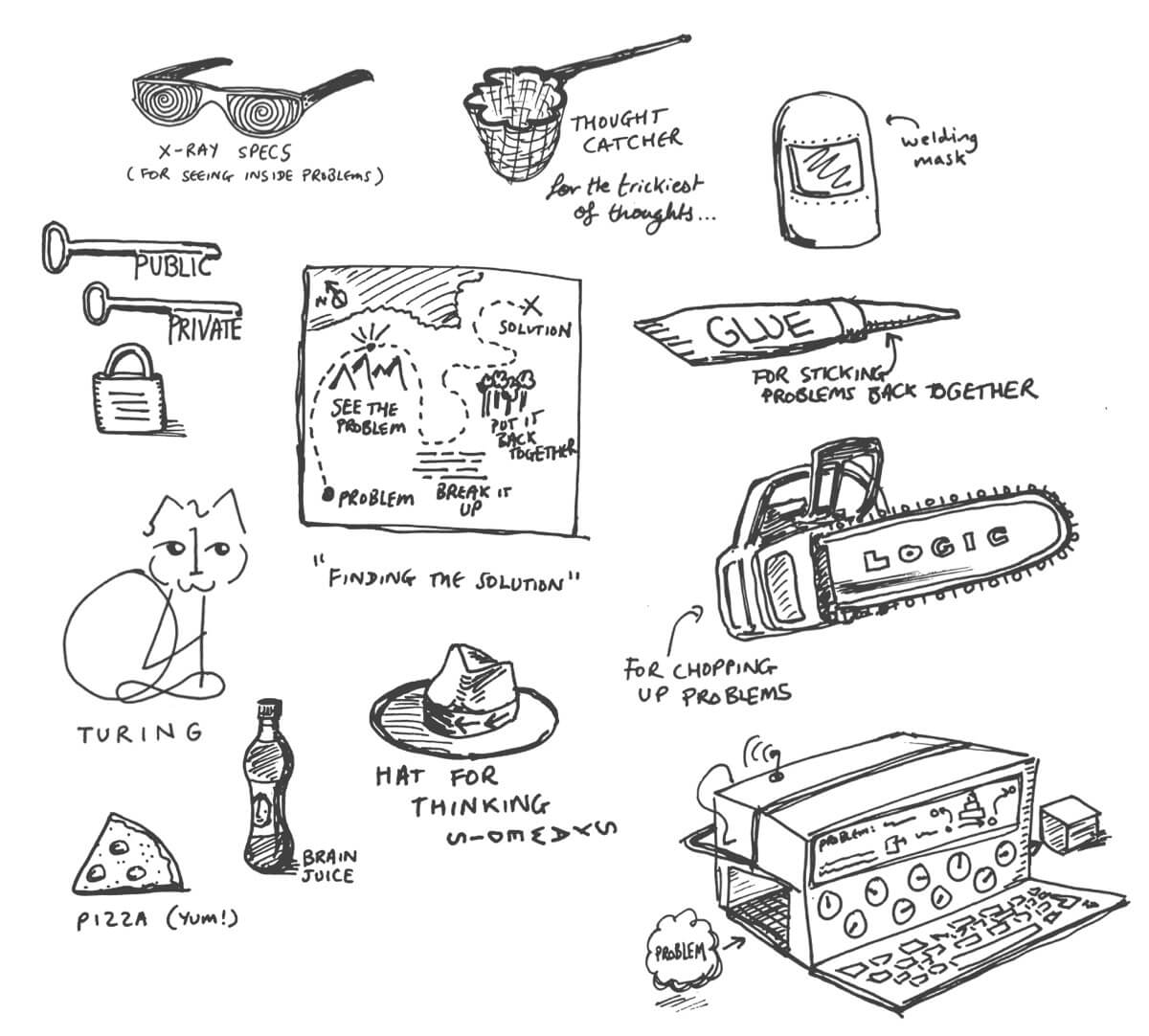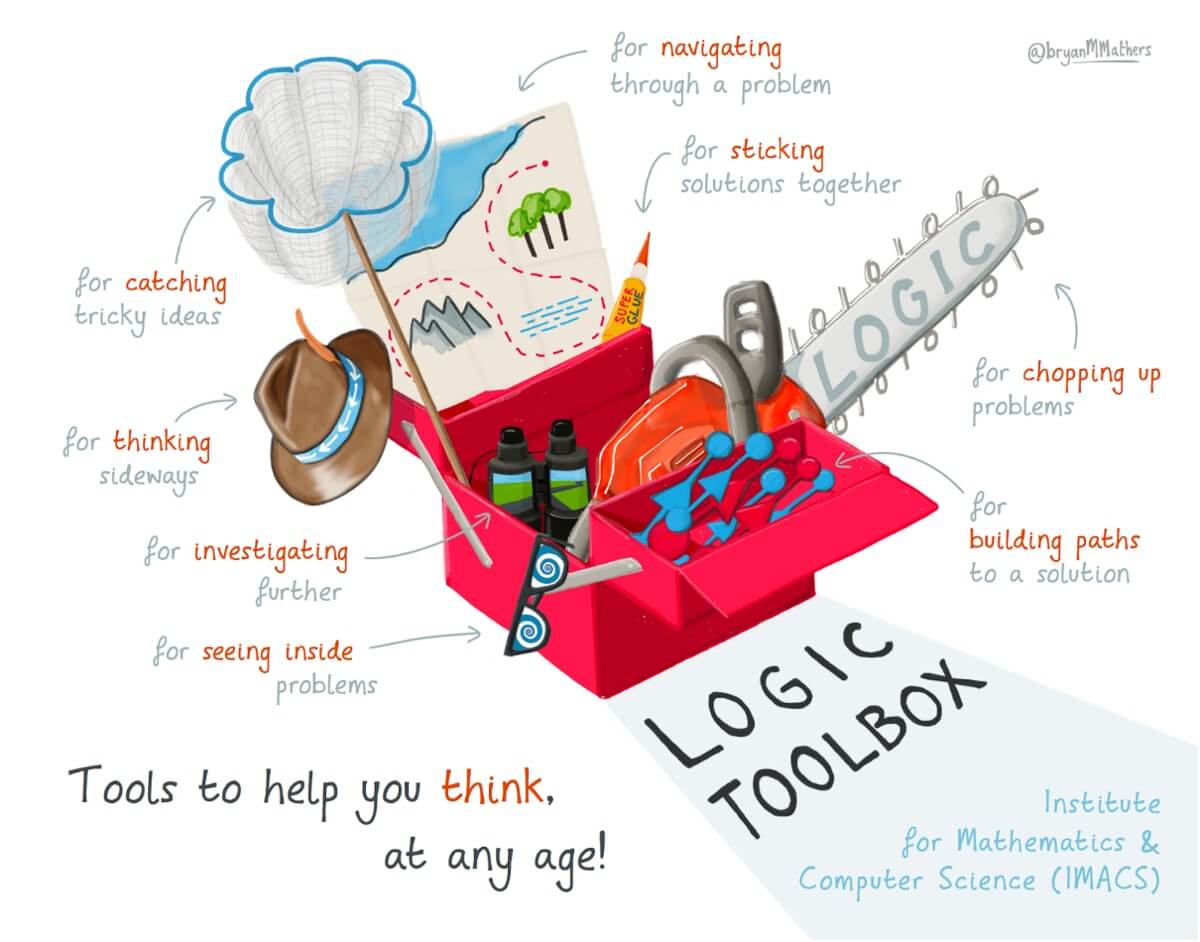OER24
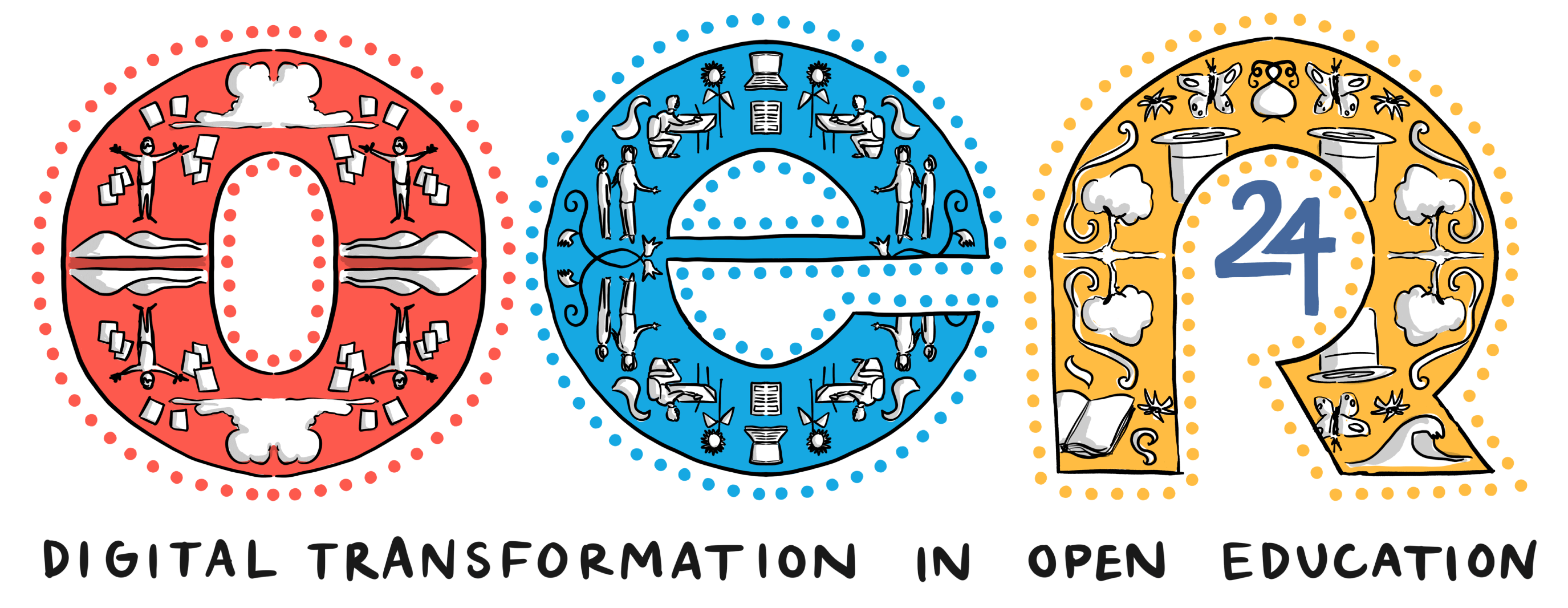
OER24
Phew! I’m just back from Cork City, Ireland, having spent a couple or three days at the OER conference. OER is my favourite conference. Not only is it a chance to catch up with a bunch of Visual Thinkery clients – who I usually only get to see online – but the people that attend this conference are people-people. They care about care. They talk about social justice in their work. They are educators, passionate about what they do. So it’s such a treat to have a few days to hang out and absorb their warmth.
An Open History of the OER24 logo
I had run through the Visual Thinkery process with the conference organisers a bunch of weeks beforehand. From that emerged a freehand aesthetic for the conference including a bright and bold logo.
I’d leaned into a part of our creative conversation about Celtic Ireland being an ancient seat of learning – famous for its deliciously illustrated texts such as the Book of Kells.
At the conference, a few people told me how much they liked the logo. So I thought I’d create a quick stop motion video exported from Procreate (my iPad drawing software) illuminating part of the drawing process of its evolution:
A little humour goes a long way
When having creating conversations with clients, I’m always listening out for little golden nuggets of humour, as they often make great cartoons. A lot of AI-related chatter permeated the conference, and I found myself jotting down a few ideas for future AI related cartoons (if I ever get around to bringing them to life). The cartoon below came from the same creative process as mentioned above and is already a favourite of mine:
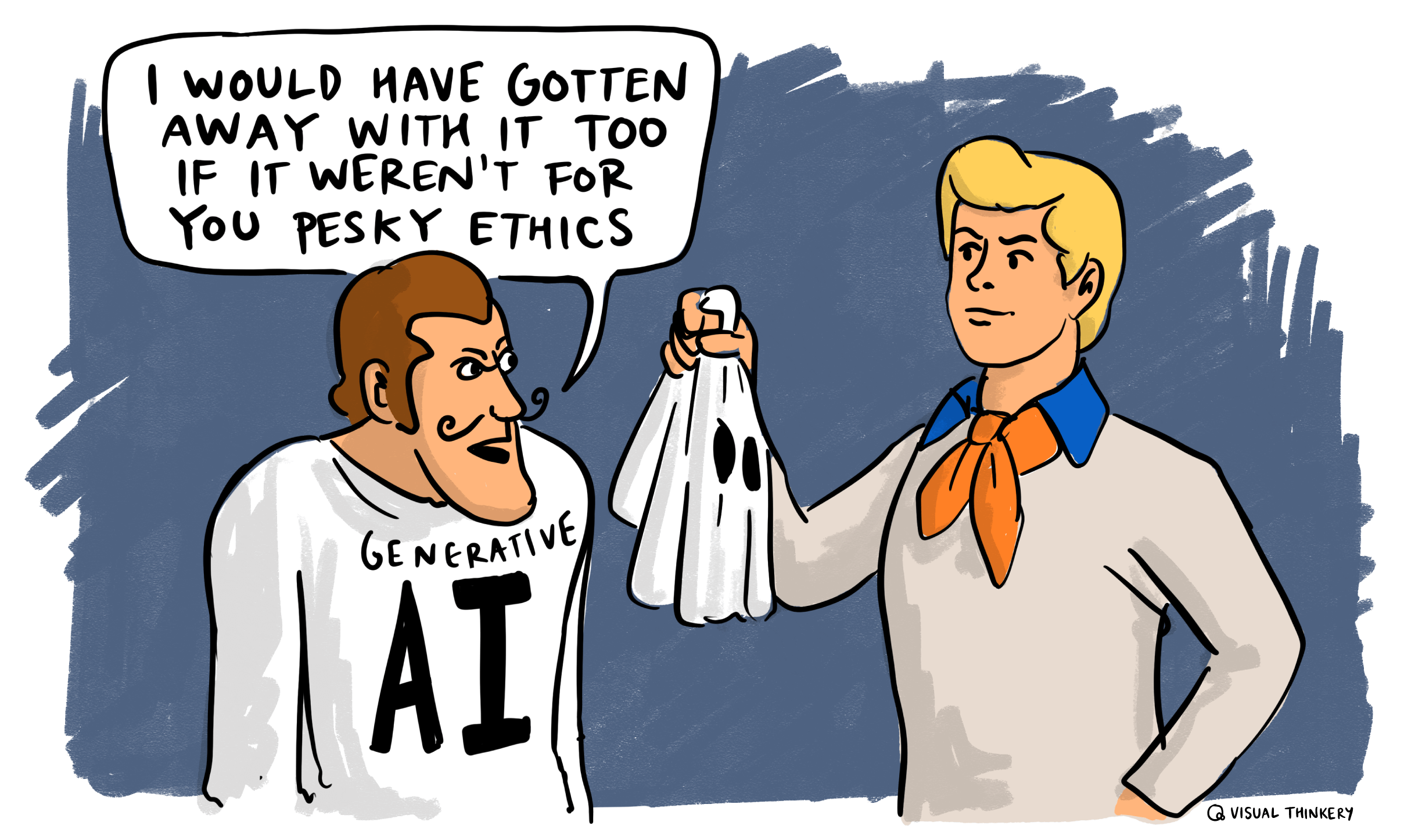
Pesky Ethics - by Visual Thinkery CC-BY-ND
Keynote #1
I sat down to capture the first day’s opening keynote by the lovely Rajiv Jhangiani in a sketchnote form. Sketchnoting is extremely intensive as whilst drawing one thing, you need to listen out for the next thing to draw. On the other hand, the creative constraint of capturing meaning before it disappears means that there is no opportunity to overthink it. Did I mention I tend to overthink things?
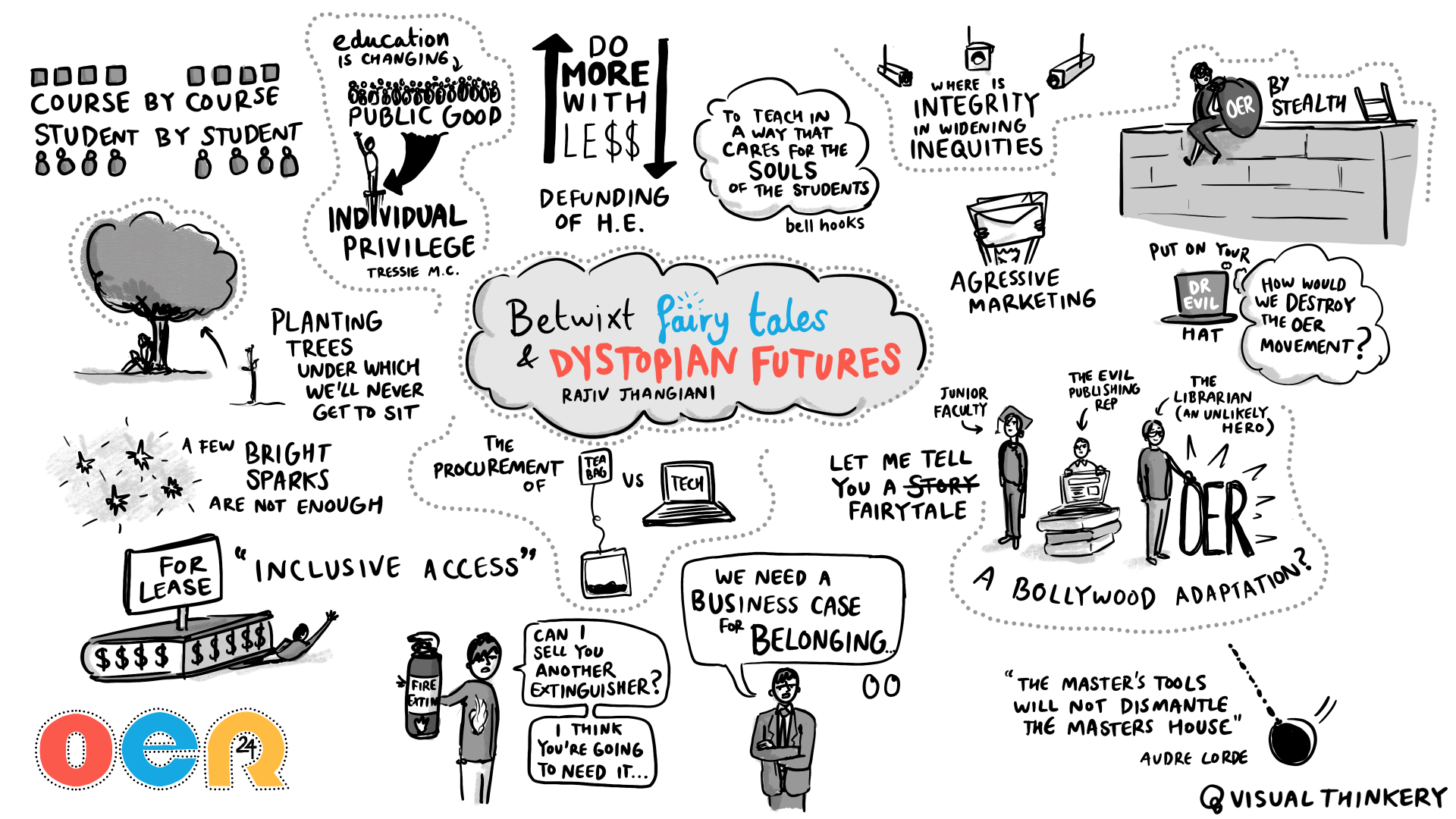
Fairy Tales and Dystopian Futures - by Visual Thinkery CC-BY-ND
Keynote #2
The second keynote was completely different. Catherine Cronin and Laura Czerniewicz were co-presenting. There were interactive elements which provided useful breathing space for me to catch up on the drawing.
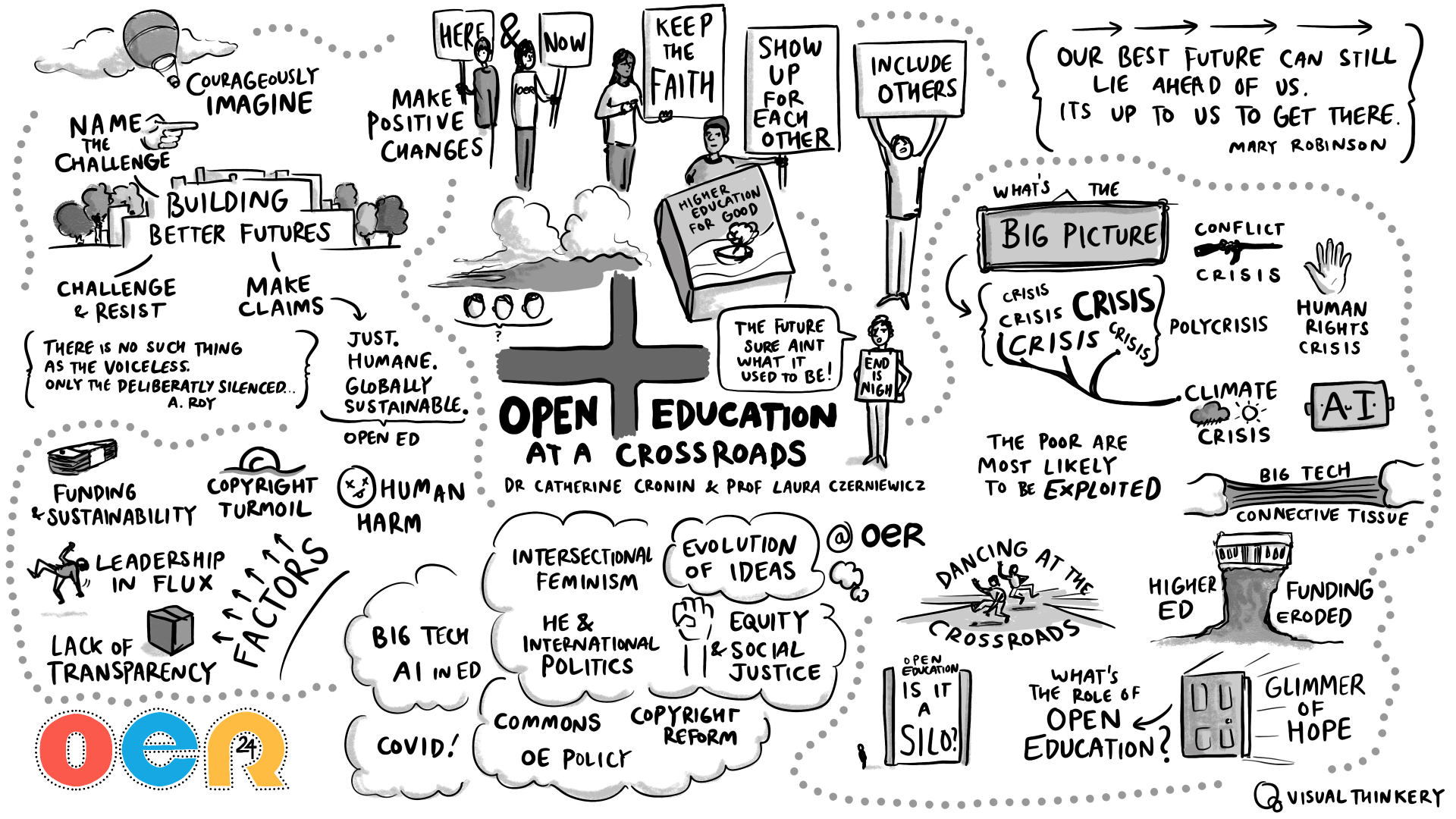
Open Education at a Crossroads - by Visual Thinkery CC-BY-ND
Keep on running
I managed to get myself up for a 10k run on the morning of the second day (I’m running the London Marathon – eek! – you can sponsor me here) I ran along the banks of the river Lee on a cool sunny morning. All the way to Blackrock castle and back. It seems I have more exploring to do around that part of the world, and find out where it gets it’s rebellious reputation…
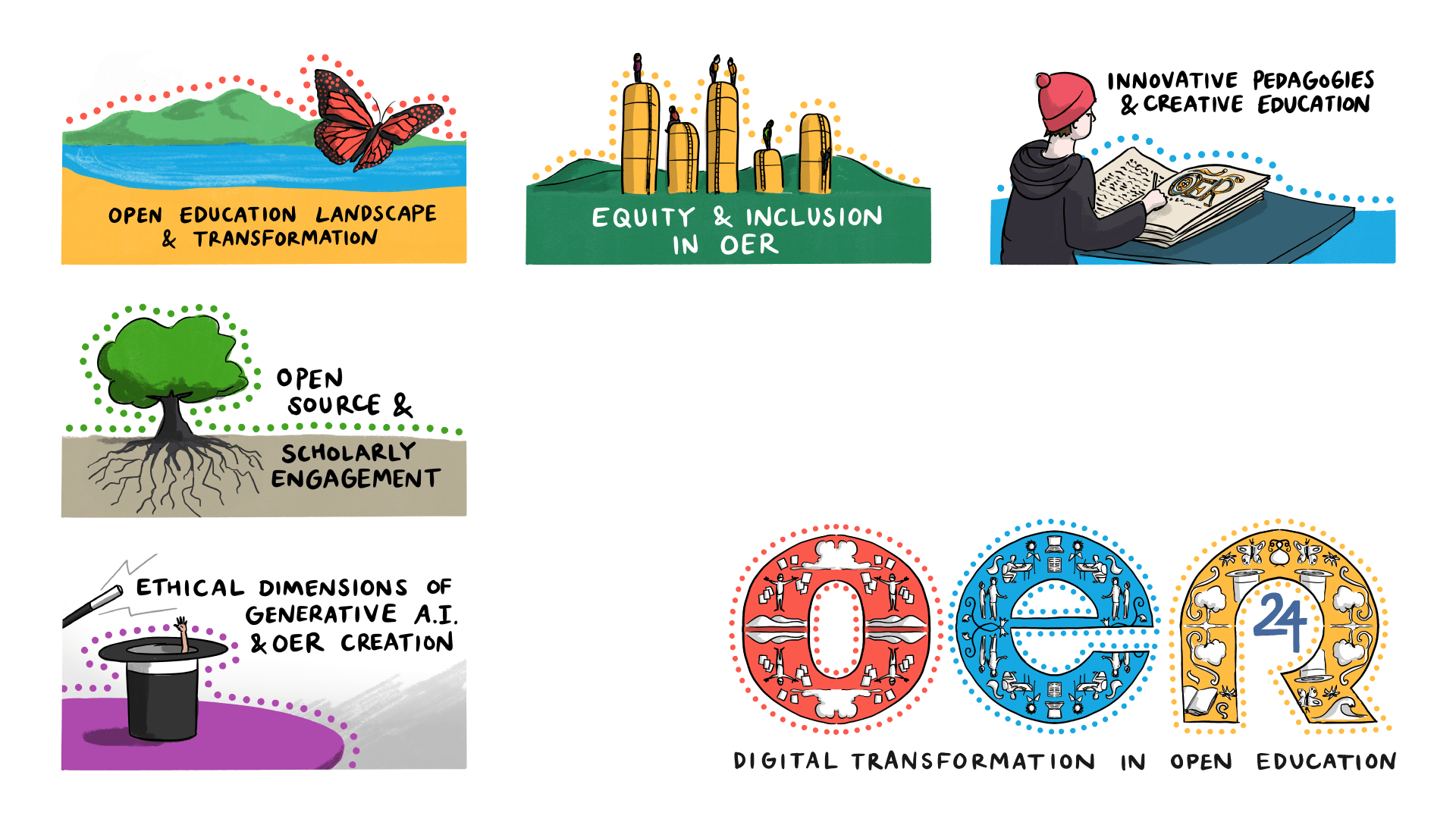
OER24 Themes Postcard - by Visual Thinkery CC-BY-ND
And finally
I leave Cork with lots to think about and some new avenues to visually explore. A conversation over coffee with Maren Deepwell, Meredith Huffman and Alan Levine about conference formats sticks in my head. We hit upon the Upside Down Pear Cake conference format, where each session starts with the conclusions first, then gathering questions, spending the remaining time answering and explaining how they got there. Maybe a thought for next year’s OER25…
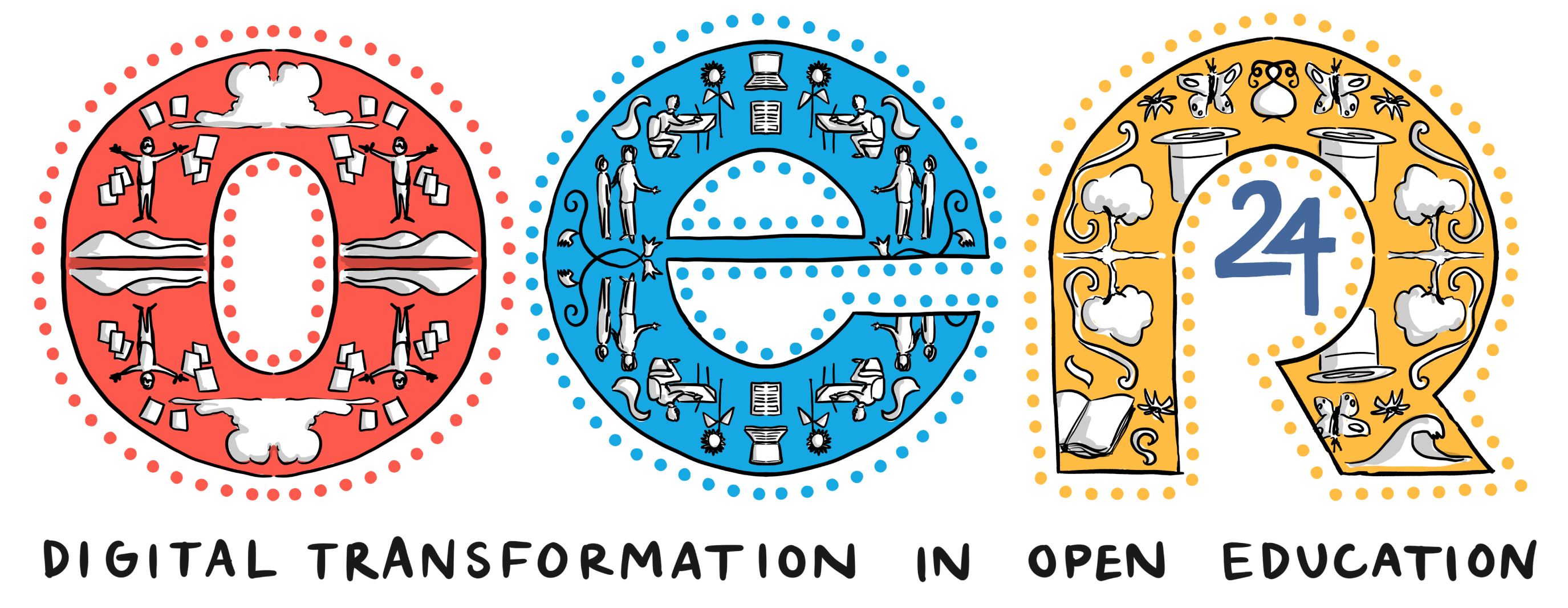
OER24 Logo - by Visual Thinkery CC-BY-ND
Read next
Here are some other projects you might be interested in.
